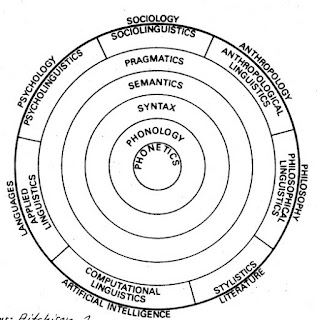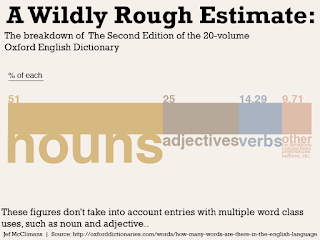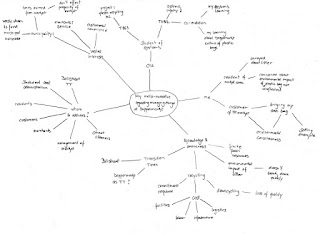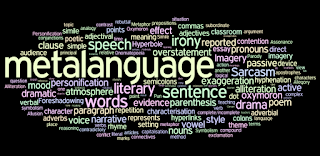The psychologist George A Miller had an incalculable influence on the new academic discipline of cognitive science and the still disputed notion of psycho-linguistics. His research focussed on working memory - the way the mind processes information. He observed that the brain encountering the unfamiliar, could absorb roughly seven new things at a time.When asked to repeat a random list of letters, words or numbers, he wrote, people got stuck “somewhere in the neighborhood of seven.” Some people could recall nine items on the list, some fewer than seven. But regardless of the things being recalled — colors and tastes, numbers with decimals, numbers without decimals, consonants, vowels — seven was the statistical average for short-term storage. (Long-term memory, which followed another cognitive formula, was virtually unlimited.) From NYT obituary 02/08/2012 Why is Miller's work important for language teachers? In practical terms this means that the mind best processes new



